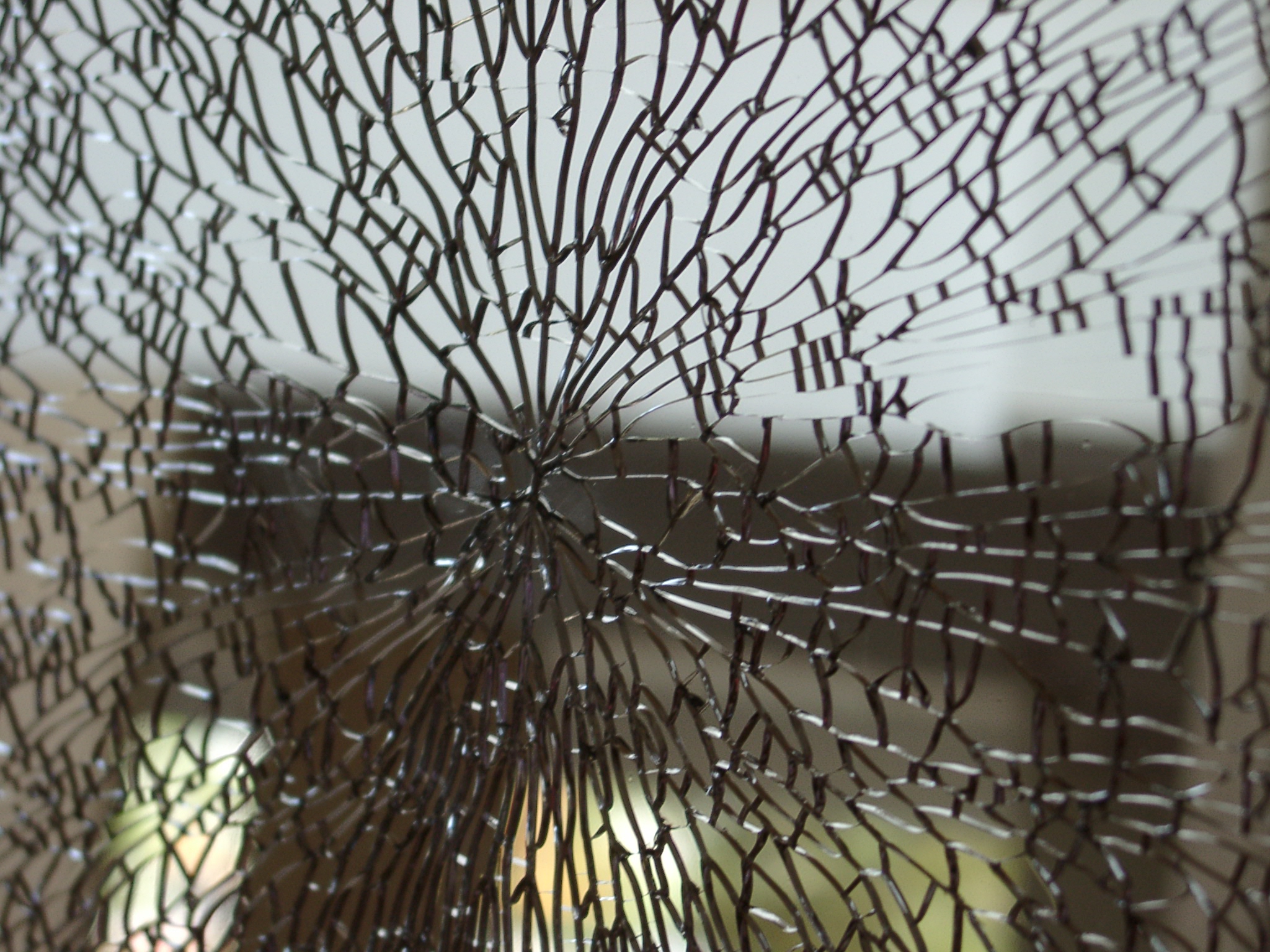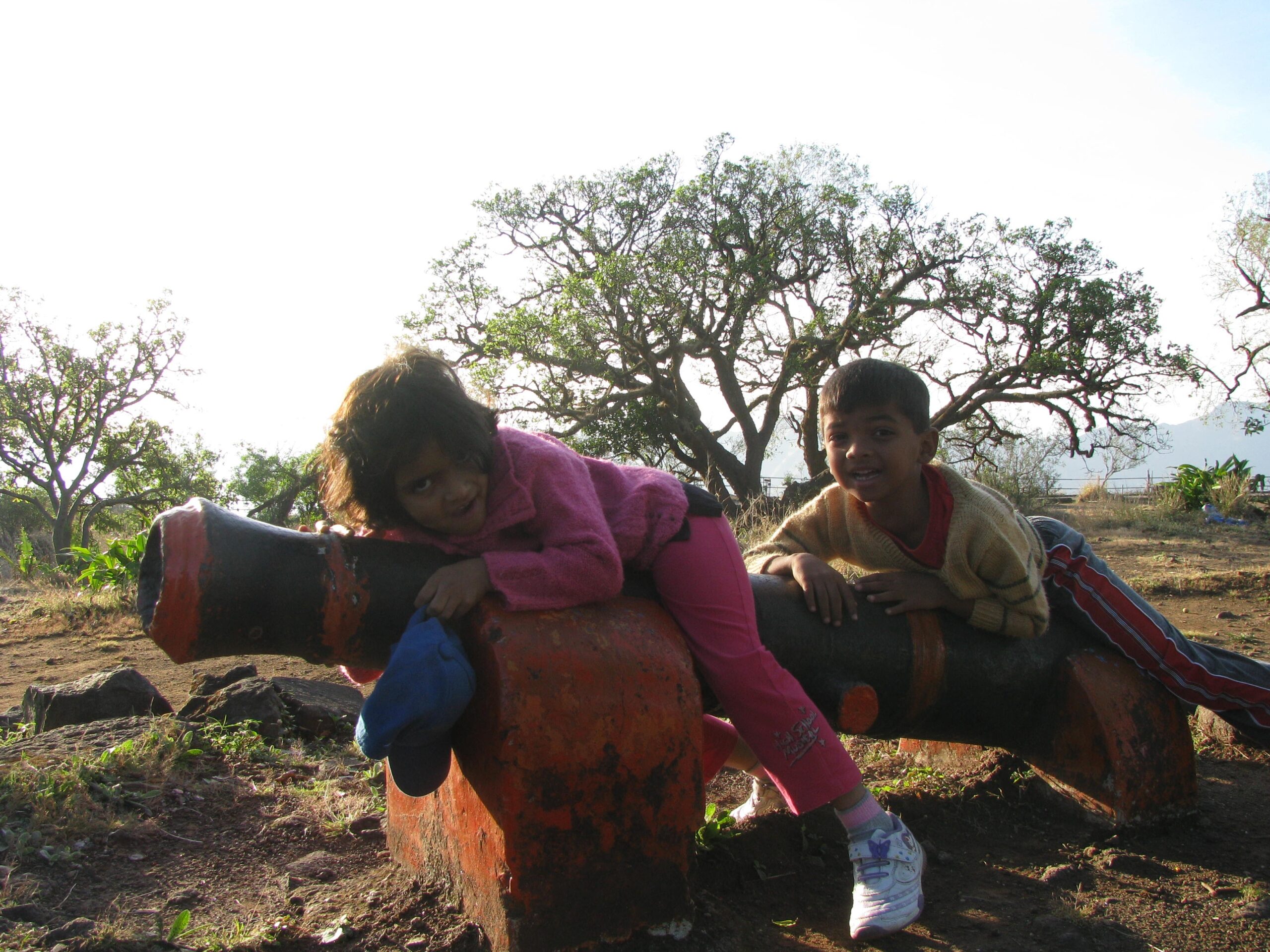What am I proud of? What can I be proud of?
Certainly not of the medal that my 10-year-old neighbour won in an international sporting event. I admire his enthusiasm. I am in awe of what he can do and how much technique it involves. None of which I have contributed an iota to. What did I do so that I can be proud of him?
Same goes for the drawings of other neighbours, a 6-year-old and his mother. I am stumped by the thought behind the pictures. The choice of vibrant colour-combinations amazes me. Still, not why I can be proud of it. I did zilch for their imagination to be where it is.
Can I then be proud of my daughter’s artwork? Or when the school staff voluntarily tell me about my son’s exemplary behaviour? I am not sure, you know. Who is to say that the skill and the thought-process are despite me and not because of me? Right? Anyway, providing an enabling environment is my duty as a parent, not a good-to-have for my child.
Similarly, if my child behaves well, should he really be getting extra points for being a decent human being? Same goes for me. If he learnt to behave well because I set an example, I should be proud of…being what? A nice person?
I think we deserve higher standards than that.
See, I understand the sentiment. When someone tells me they are proud of me for something I did or my kids did, they mean well. They certainly don’t mean to take credit. Well, at least some of them. They like what I did and are trying to express that feeling. The word “pride” though, doesn’t cut it. And I think it is because of the “I, me, myself” attached to the concept.
Let’s look at the other usage. I should be proud of my lineage, my community, my religion, my nation. Oh dear, no! For one, the first argument continues to apply—what was my contribution to me being a Baldawa, a marwadi, a Hindu, an Indian? Being born into it? Really?
Again, I think we deserve higher standards than that.
What have I done to make Mumbai what it stands for? Have I truly, completely understood what it means to work towards *moksha*? If I did understand, would the philosophy want me to take pride in choosing it, let alone being born into it?
Shouldn’t it be the other way around? I have to imbibe the qualities of what being an Indian, a Hindu, etc. mean for me to be worthy of being called one. Of course, we are talking of feeling good about something. So, this hopefully means taking on and trying to sustain positive qualities associated with belonging to that group.
Just imagine. I am born an Indian, into a Hindu family. But I am not allowed to call myself one till I demonstrate the capability of following the Indian constitution or the all-accepting tenets of Hinduism! Ok, let me not digress. Just tell me, which religion/nation/community is looking for a seal of approval from us?
The thought-process then drifts towards me not being able to use the word pride for soldiers at the borders, national sportspeople, doctors at the front-line of a pandemic. For many reasons.
One. I did not contribute to their process or the result. In fact, I might have been an obstacle when I, and those like me, criticised them for not behaving/performing well. These people will survive without the pressure of having to make us feel proud.
Two. Who are we fooling? Pride is an escape. We feel proud of them, so we don’t need to do anything else. We don’t need to be supportive of them when they suffer in other ways. For instance, if a soldier doesn’t have access to appropriate amenities or food or a doctor to proper equipment, I don’t need to do anything. Because we have absolved ourselves by being proud of them otherwise.
Three. Isn’t there a hint of us telling them, “Hey, this is what you signed up for. I did my bit by being proud. Don’t expect more from me. You are supposed to fight for me, not the other way around.” Of course, some of us donate and volunteer. Some raise voices even. But none of these actions requires us to be proud. In fact, they need humility.
So, where does pride come from?
I have been able to narrow it down to this—pride seems to rest on the foundation of identity. Whatever separates the group that I fall in from the others, is something I should be proud of. So for a French person, being French is ‘us’ and Americans, Afghanis, Indians are all different versions of ‘them’. Of course, it goes further. A Parisian would belong to the ‘us’ for Parisians, and a South Bombay-ite would be ‘us’ to people staying South of Dadar, or Bandra, is it?
Where does this stop? At a village or a suburb? Not really, right? We have the ‘us’ caste and the ‘them’ caste, the marwadis and gujaratis, the ‘us’ religion and the ‘them’ religion. Oh wait, we even have a ‘them’ apartment complex and a ‘us’ apartment complex. He he he he…this is real. Apartment complexes have an ‘us’ building and a ‘them’ building. Heck! A household would have a ‘them’ generation and a ‘us’ generation!
Let’s humour ourselves for a bit. Let’s say that every Indian can be proud of what they think identifies them as an Indian. Even then, there is little chance it will hold a hundred per cent. So, “I love the diversity that I live in,” is a lovely line. I couldn’t mean it wholly, though, could I? Because I certainly don’t love all my neighbours. Not equally, for sure. Not to mention, there are non-Indian street-smart people, and non-Indian people who are loving, and so on. So neither of them is an “Indian-Indian” trait. And I am sure this would hold true for any nationality, community, religion, etc. Then there are so-called Indian traits—like spitting and peeing on the road or disregard of civic sense in public life and privacy in personal life—that I have no inclination to be proud of.
So, in reality, there can be no complete “us” versus “them”. If fate hadn’t made me an Indian, I would have to be proud of being an American or a Brit or a Russian. Then what can I be proud of? The only identity that I might allow myself to be proud of is the education or work-space I belong to. But, that too comes from a sense of belonging and not necessarily pride-pride.
On the other hand, we could hold pride responsible for so much of the chaos around us. The otherness it brings can be held accountable for the hatred it spews. The holier-than-thou attitude it fosters on either side of the us-them binary. The bitterness and the violence it has thrived on through the ages.
Is that we like it so much? Is that why we feel we need it? So that we have a reason to kill others?
Count me out. I am at the other end of the spectrum. I don’t like the very meaning of the word and the baggage that it carries.
I want the word to be relegated to a profanity, a p-word of sorts. A word society would frown at. Something kids are asked not to use. Certainly not something you would use to describe yourself.
~ ~ ~
PS. I started writing this piece in September 2019. I didn’t want it to be associated with any current event because the concept is not restricted to this tragedy or that. Finally, gave up. The ‘us vs them’ fervour in the country/world just won’t take a “chill pill”. And here we are.


